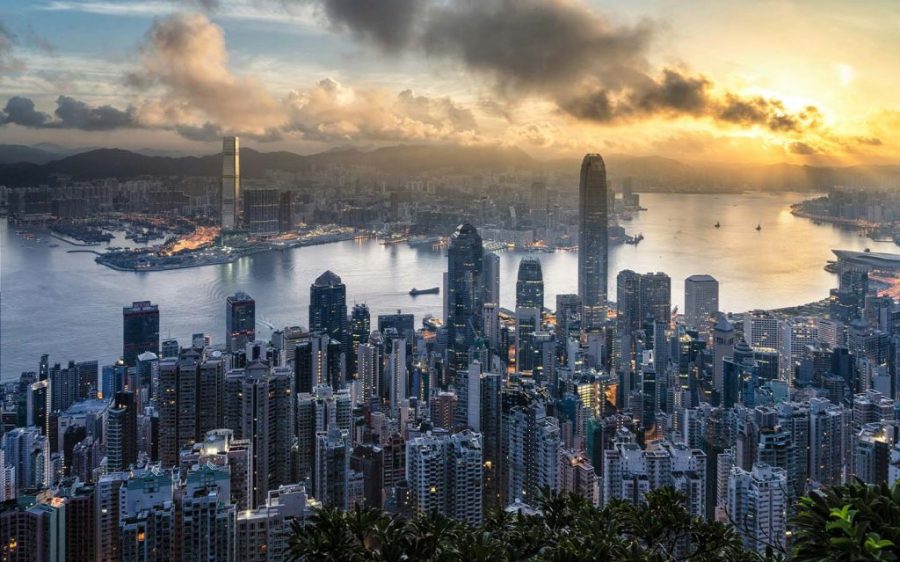Hong Kong’s finance secretary Christopher Hui says the city’s “advantages are obvious” and that Hong Kong is “forging ahead” with new measures to deepen ties between its equity market and those of the Greater Bay Area.
The official was speaking on a local radio programme over the weekend, in response to highly critical comments made by US economist and former Morgan Stanley Asia boss Stephen Roach, who last week wrote in the Financial Times that Hong Kong’s stock market was “in the mire” and that the city was “over.”
According to Hong Kong’s public broadcaster, RTHK, Hui said there were encouraging signs of the city’s post-pandemic recovery, including the issuing of US$500 million worth of bonds since last May.
[See more: Could Macao soon be welcoming more visitors than Hong Kong?]
He also spoke of growth areas like green finance and virtual asset markets, and pointed out that Hong Kong’s sluggish growth was as a result of factors beyond its control, such as geopolitics and high interest rates.
Roach’s article has provoked strong reactions in Hong Kong and is the latest in a decades-long line of gloomy predictions by pessimistic Western commentators – each of which has been proven wrong.
A well-established trope, “the death of Hong Kong” was most famously proclaimed by Fortune magazine in 1995. It was echoed during the 2019 political unrest and again in 2020, when analysts believed Shanghai would eclipse the city as a financial hub. However such predictions date as far back as the 1960s, when leftist riots prompted a wave of emigration, and even to the end of the Pacific War in 1945, when there were doubts that China would allow the resumption of British administration of the city in the wake of the Japanese occupation.






